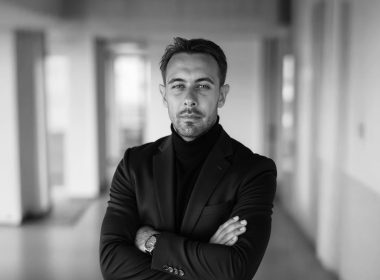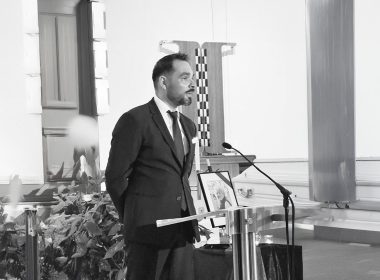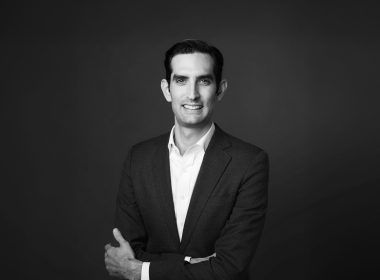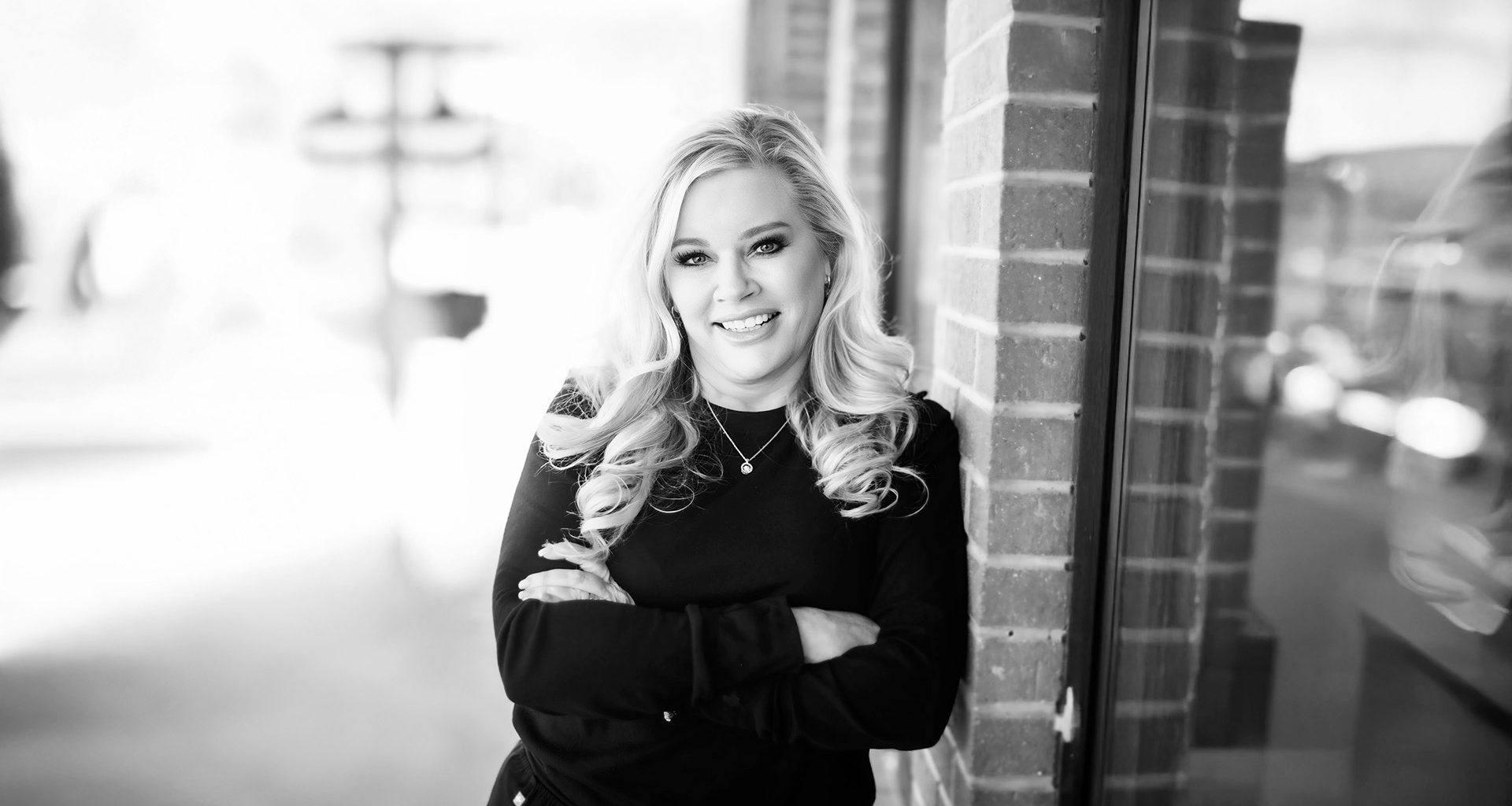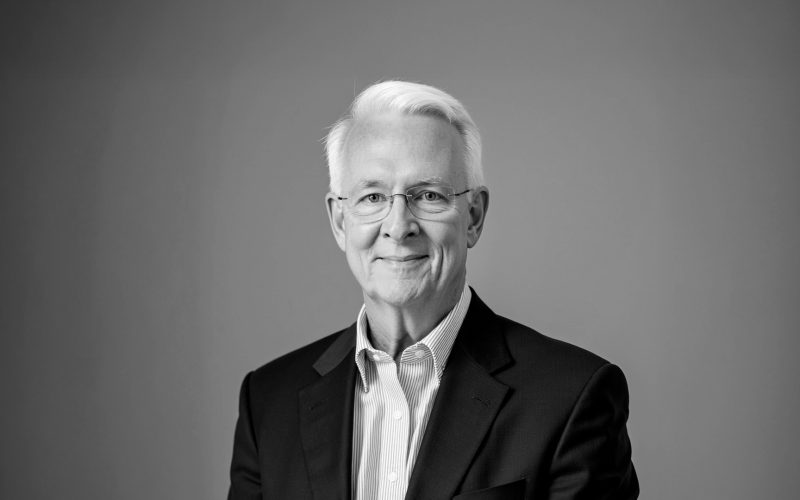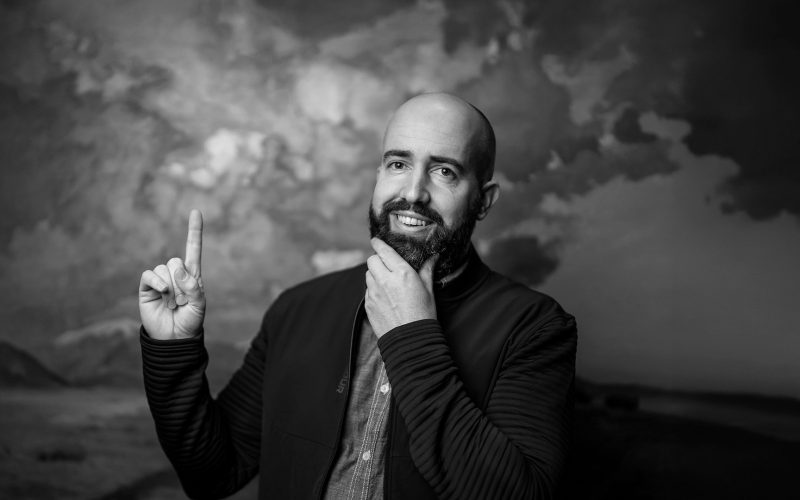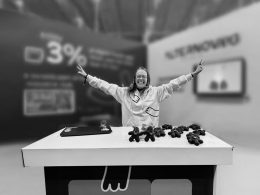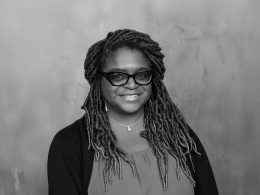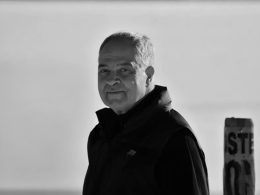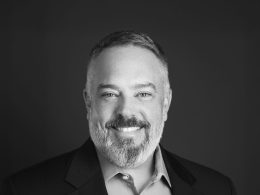Rural healthcare access remains one of America’s toughest problems to crack. Mountains, bad roads, and sheer distance leave whole communities cut off from basic medical care. Dr. Teresa Owens Tyson has spent over 30 years as a family nurse practitioner and CEO of the Health Wagon, finding ways to reach patients that traditional healthcare systems simply can’t.
Meet Patients Where They Are
There’s a problem when your nearest doctor is 50 miles away and you don’t have a car. That’s reality for a lot of people living in Appalachia. The mountains are beautiful, sure, but they also make it nearly impossible for families to get regular medical care. Miss a day of work to drive to a clinic? For many, that’s not even an option. So, the Health Wagon flipped the script. “At the Health Wagon, we’ve broken down that barrier with mobile clinics, bringing care directly to the people who need it most,” Dr. Tyson explains. These aren’t just emergency vehicles. They handle everything from diabetes management to cancer screenings. For someone living in a remote hollow, these mobile units might be the only healthcare they see all year.
Innovate to Overcome Disparities
Showing up is half the battle. The other half is figuring out how to deliver real, comprehensive care from a van. The Health Wagon built what they call the ICC model, which basically means putting everything a patient needs under one roof. Or in this case, one mobile unit. “We’ve pioneered models such as our ICC model, which combines mobile outreach, specialty care, eye care, dental care, pharmacy services, and telehealth all under one umbrella,” says Dr. Tyson. Getting someone’s teeth fixed, eyes checked, and prescriptions filled used to mean three separate trips to three different places. Now it happens in one visit.
Then there’s the innovative delivery method. Yes, using drones to deliver medicine sounds futuristic, but it’s real. The Health Wagon partnered on “the first FAA-approved drone delivery of prescription medications, ensuring that even the most isolated patients can get the medicine they need.” When you live somewhere GPS can barely find, getting your medication delivered by air makes perfect sense. But here’s what Dr. Tyson wants people to understand: “These innovations aren’t just about technology, they’re about restoring dignity and hope to underserved communities.” It’s not about being flashy. It’s about making sure nobody goes without their insulin because they live on the wrong side of a mountain.
Building Partnerships for Impact
Running mobile clinics across Appalachia takes more than good intentions. It takes money, resources, and help from organizations that can provide both. Dr. Tyson spent years building relationships that would expand what the Health Wagon could do. Some partnerships came from unexpected places. The Department of Defense got involved. National foundations stepped up. Each one brought something different to the table. “Healthcare transformation doesn’t happen in isolation, it takes partnerships,” Dr. Tyson says. “Every partnership helps us amplify our impact.” The result? Thousands of free medical, dental, and vision visits happen every year. Each one represents someone who got care they desperately needed.
Advocate for Health Equity
Dr. Tyson doesn’t just run clinics. She’s taken what she’s learned in Appalachia to bigger stages, speaking at the United Nations and the World Health Organization. Rural Americans don’t usually get a seat at those tables. Her message hasn’t changed: “Healthcare is not a privilege, it’s a human right. And every community, no matter how remote, deserves the opportunity to thrive.” It’s one thing to fix problems locally. It’s another to push for the kind of systemic change that could help rural communities everywhere.
Three decades in, the Health Wagon keeps proving that distance and poverty don’t have to equal no healthcare. “At the Health Wagon, we believe that transforming healthcare starts with compassion, innovation, and unshakable commitment to the people we serve,” Dr. Tyson says. The work in Appalachia offers a blueprint for other struggling regions. Dr. Tyson hopes “this model can inspire others across the nation and around the world to reimagine what healthcare can look like for the underserved.” There’s still plenty of work to do, but the path forward is getting clearer.
Connect with Dr. Teresa Owens Tyson on LinkedIn to explore her vision for healthcare equity.

